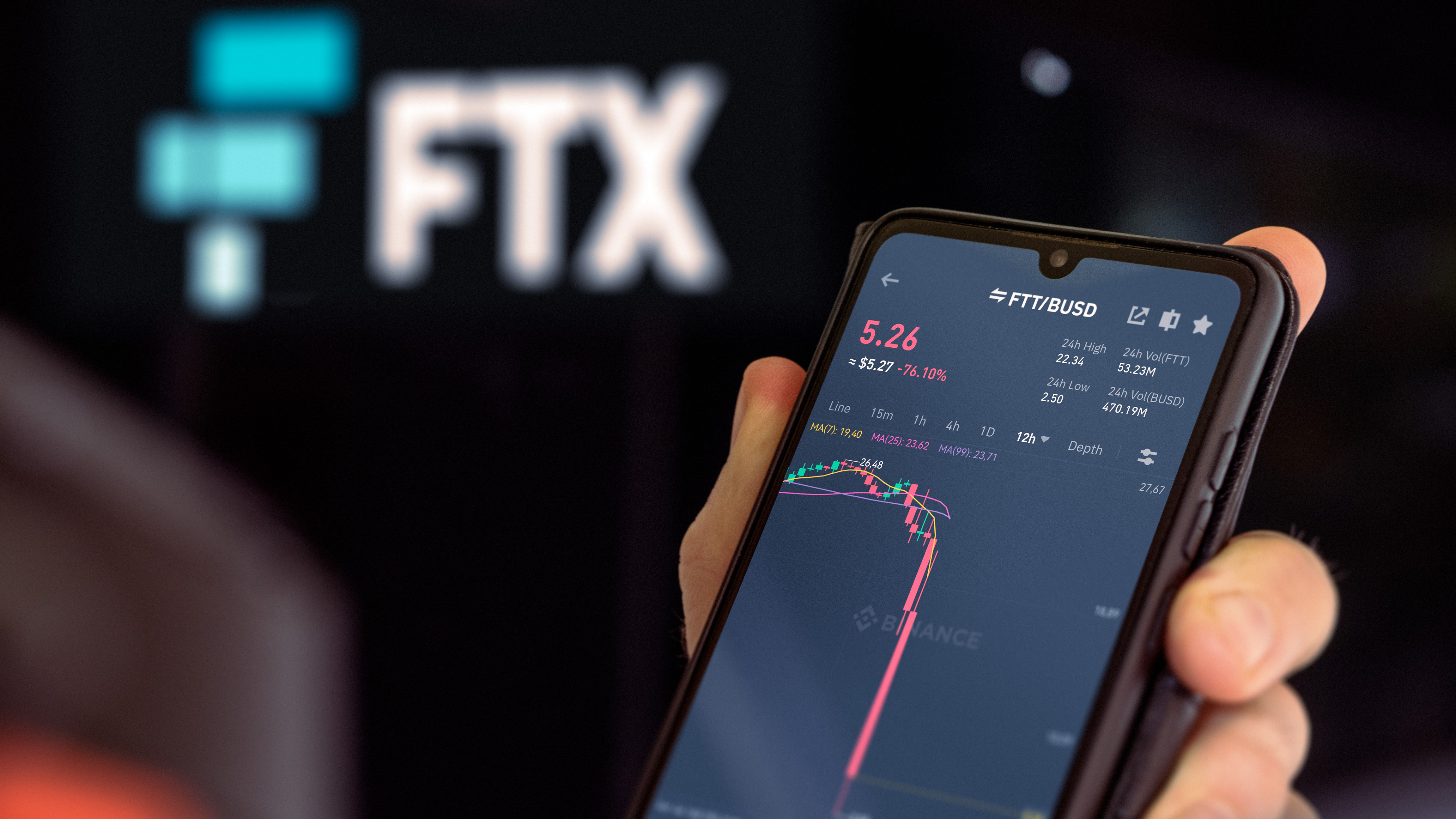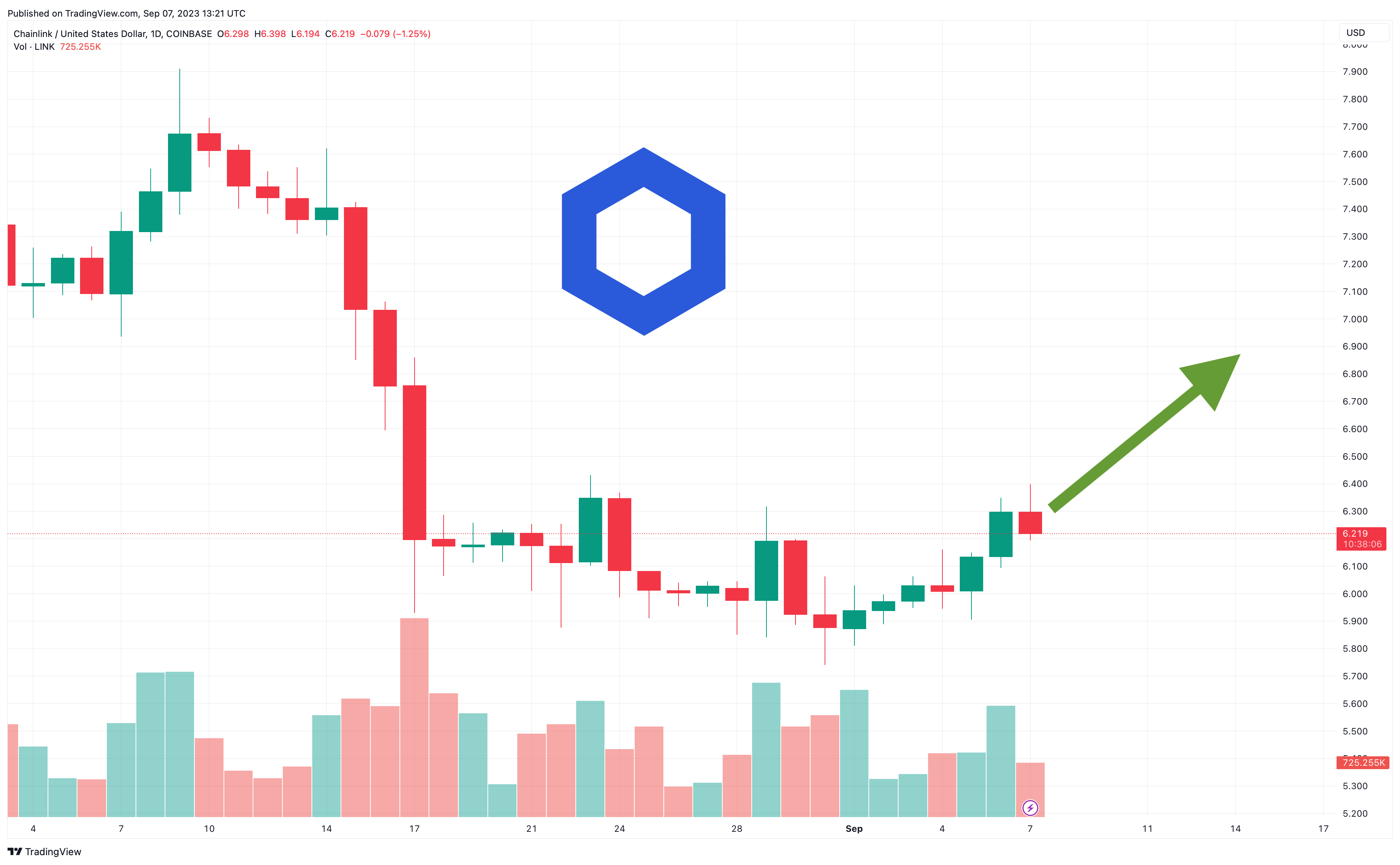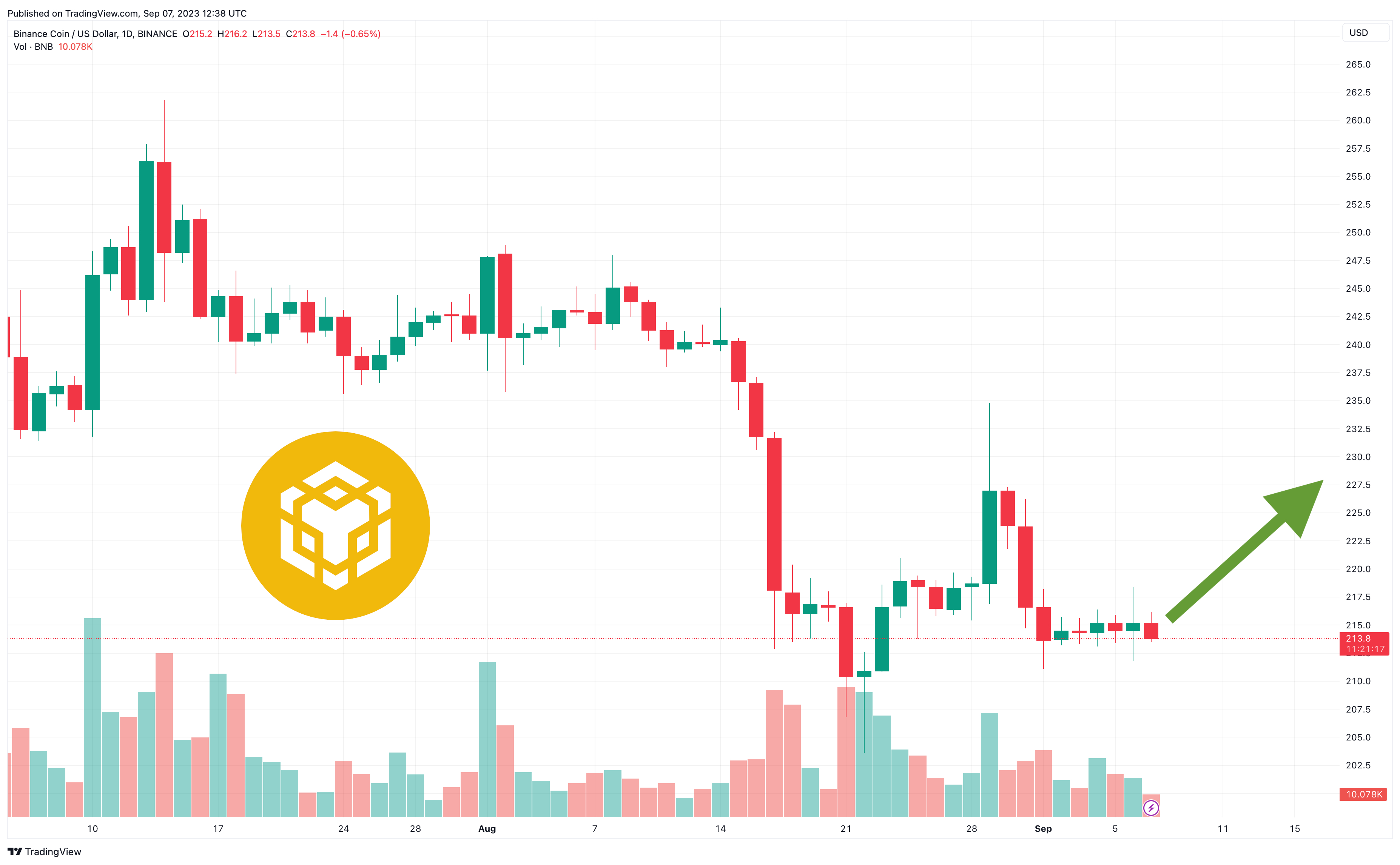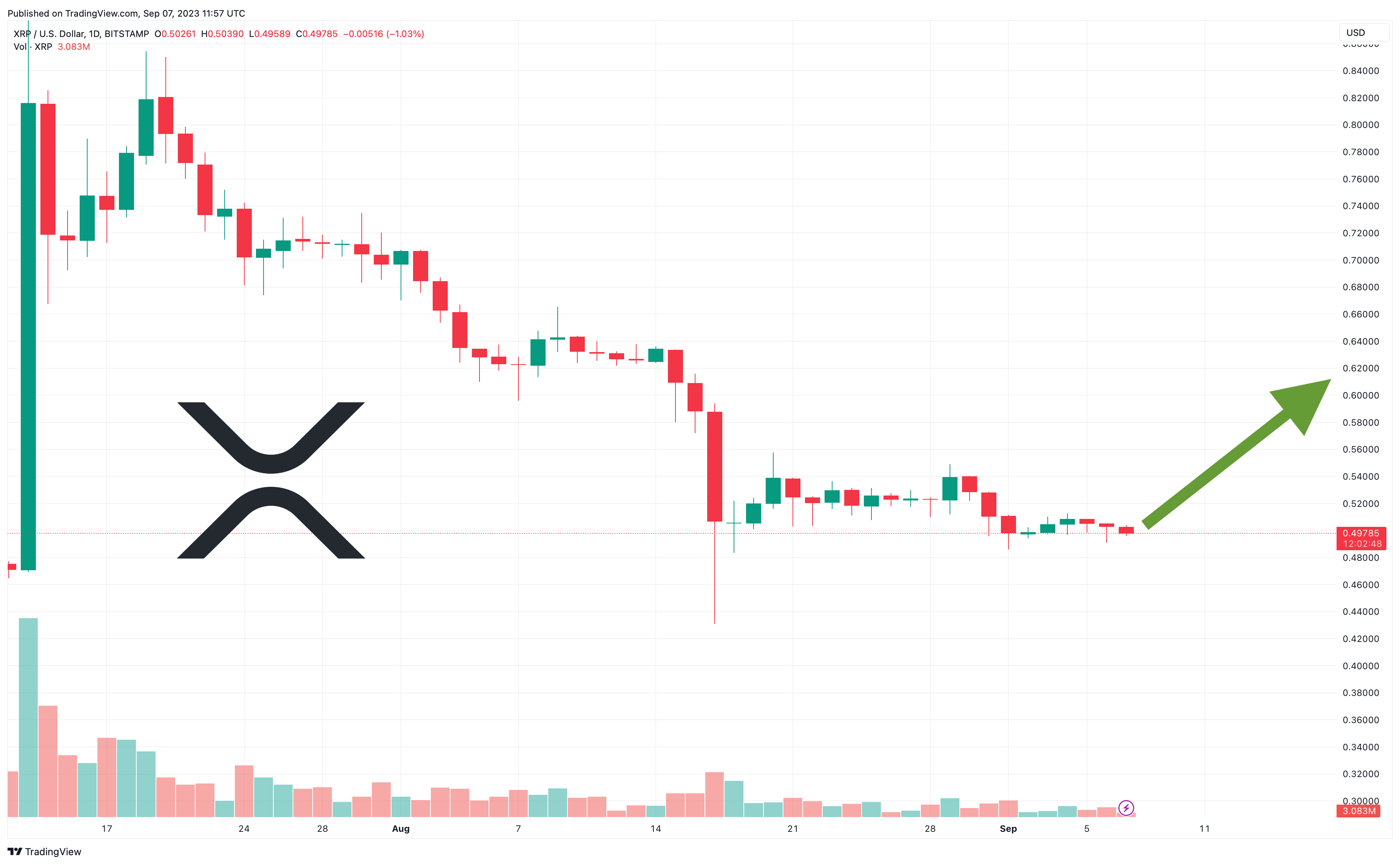Japan Draws up Cryptocurrency Regulations ‘Manual’ for G20 Leaders
Japan has prepared a “manual” of cryptocurrency regulation proposals that it will hand out to G20 leaders and international financial chiefs.

The country will host both the G20 Summit and G20 Ministerial Meetings on June 28-29 in Osaka, and as host, has the right to set much of the agenda for the talks.
As previously reported, Tokyo is keen to bring cryptocurrency regulation to the table. Japanese ministers want global leaders to agree on a shared international framework for regulations. Tokyo strongly opposes the status quo – whereby regulations in some G20 nations are exceptionally tight and virtually non-existent in others.
Per Sankei Biz, the Japanese government has thus drawn up its “manual” (also described as a “handbook”) of cryptocurrency governance proposals and justifications – pertaining to cryptocurrency exchanges in particular.
Tokyo is hoping to illustrate the need to implement the following:
- Systems that protect customer assets
- International security protocols
- Systems that provide customers with information – particularly in the event of a hack
The book will also outline two damaging hacks that Japanese exchanges suffered last year. The crippling Coincheck hack in January was a watershed moment for Japanese exchange policy. The Zaif hack, which took place in September, also resulted in sweeping legislative changes.
Japan has imposed the country’s exchanges with a strict set of regulations. Exchanges are obliged to seek operating permits from the regulatory Financial Services Agency, which has the power to conduct extensive, on-site audits or even suspend trade. Exchanges are also policed by the self-regulating Japanese Virtual Currency Exchange Association (JVCEA.) For example, Japanese exchange platform SBI Virtual Currencies, owned by financial giant SBI Group, says its recent decision to delist Bitcoin Cash was made in accordance with JVCEA guidelines
The G20 has briefly debated cryptocurrency regulations at previous meetings, and has tentatively agreed on the importance of international crypto tax measures, but has so far refrained from taking decisive action.













